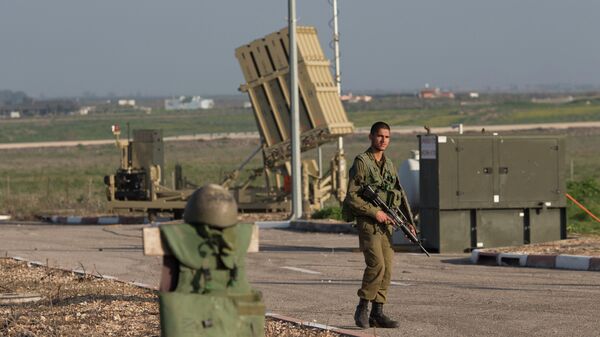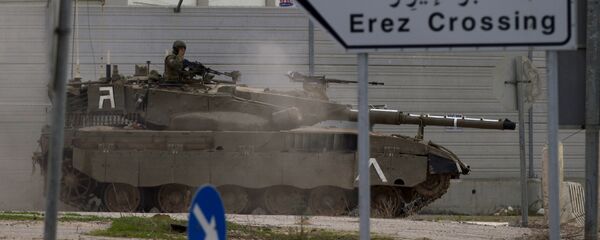Ordinarily, Israeli reservists are trained for five days out of the year, but the new directive from Chief of Staff Lt. Gen. Gadi Eisenkot has increased the focus on reservist training to fourteen times out of the year.
In March, Eisenkot issued a statement where he said that "we have put preparedness at the top of the IDF's list of priorities. This is evident from the increased training program." The comments were concurrent with a large-scale drill where 2,000 reservists were called up to simulate potential warfare in the Gaza Strip.
In order to incentivize the reservists to take time away from work and home for training, the IDF and the National Insurance Institute have approved a new wage agreement that will increase pay for some reservists by as much as 25 percent.
"We have understood in recent years that those who are behind the reservist, such as his family, are just as important as [the reservists] are. We want everyone to support the reservists. They are the backbone of the army," a senior IDF officer told the Jerusalem Post, adding that "everything the IDF gives is not enough for what they do for us."
"All this is critical to supporting the reservists who are invaluable to the army… in the end it's all about the individual. That's an important aspect that cannot be forgotten."
All non-Arab Israeli citizens are subject to compulsory military service when they turn 18, with about 74 percent of potential conscripts undergoing the service. But 71 percent of all IDF military personnel are in the reserves. The IDF have also overhauled their website to make it easier to use, so reservists can schedule training dates more easily.
The initiative is part of a broader effort to create within the IDF something akin to United States Special Operations Command, which oversees the elite branches of the US military such as Delta Force, the Rangers, and the Navy SEALS. Unlike the US military, the IDF is a conscript army. But as modern warfare becomes more more complex, the need for professional soldiers has risen. Other nations such as China, Jordan, and Nigeria have been grappling with this same problem, cutting the total number of soldiers in favor of a leaner, more highly-trained force. By 2020, the IDF intend to triple the number of special operations conducted underneath their banner as they lean on these elites more to fulfill military objectives.
But the IDF doesn't wish to do away with their people's military, either, and so a small "standing army" of elite operators will complement a larger "people's army" of conscripts.




